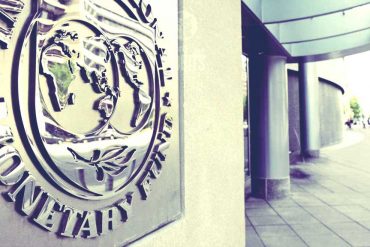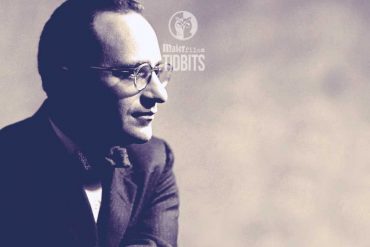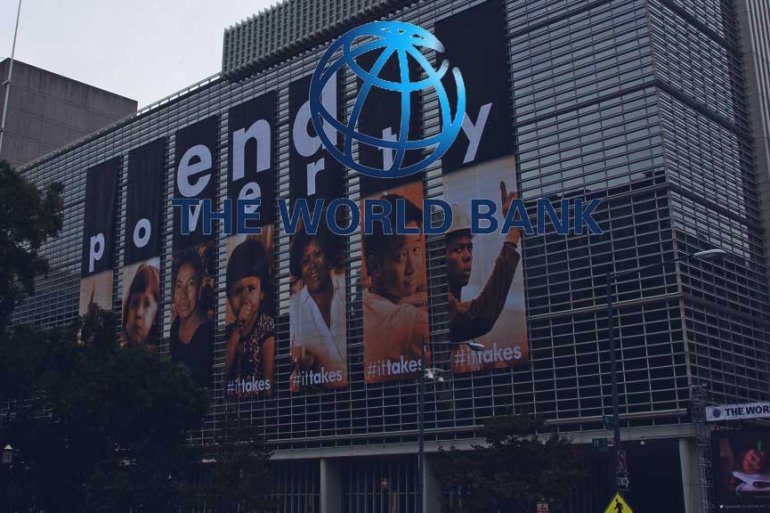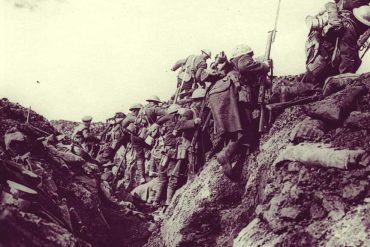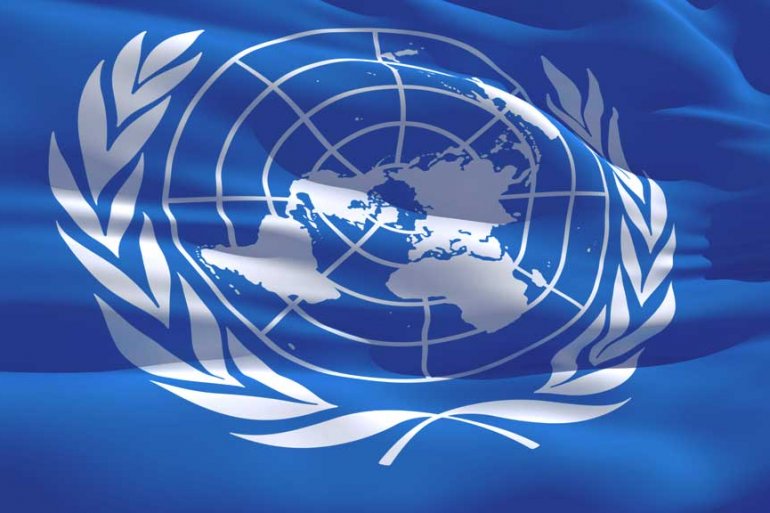The IMF and the World Bank, were created at a meeting of global financiers and politicians held at Bretton Woods, New Hampshire, in 1944. Their announced goals were to facilitate international trade and to stabilize the exchange rates of national currencies. The unannounced goals were quite different. They were the elimination of the gold-exchange standard as the basis of currency valuation and the establishment of...
In 1899 Alexander Del Mar stated in his book “Barbara Villiers or A history of Monetary Crimes”, this: FROM the remotest time to the seventeenth century of our era, the right to coin money and to regulate its value (by giving it denominations, a belief of worth) and by limiting or increasing the quantity of it in circulation, was the exclusive privilege of the State....
The Bank of Credit and Commerce International (BCCI) was a useful tool for many powerful clients, ranging from the CIA and the Medellín cartel to Osama bin Laden, al-Qaeda, and influential figures in both the Republican and Democratic parties of the USA. When BCCI was finally shut down, as much as $15 billion had been lost or stolen—the biggest publicly known bank fraud in the world. Bank of Crooks and Criminals International CIA Director Robert Gates called it the “Bank […]...
Speaking before Britain’s House of Lords in 1770, Sir William Pitt declared: “There is something behind the throne greater than the king himself,” thus giving birth to the phrase “power behind the throne.” In 1844, Benjamin Disraeli, England’s famed statesman, published a novel entitled Coningsby, or the New Generation. It was well known as a thinly disguised portrayal of his political contemporaries. In it, he wrote: “The...
Rothbard’s “Egalitarianism as a Revolt Against Nature” displays a remarkable organic unity: the book is much more than the sum of its parts. Points made in the various essays included in the book mesh together to form a consistent worldview. The system of thought set forward in these essays, moreover, illuminates both history and the contemporary world. In the book’s initial essay, whose title has...
For those who are reading the Maier Files and guessing that the story of Otto Maier, Oskar Gross and their struggle with the occulted Criminal Banking Cartel is just a fancy tale, think again. The goal is indeed control. They want all of us enslaved to debt, they want all of our governments enslaved to debt, and they want all of our politicians addicted to the huge financial contributions that they funnel into their campaigns. Mrs. Karen Hudes is telling […]...
In a world that sometimes seems enamored with central planning and government control, Friedrich Hayek’s ideas on liberty and individualism continue to shine as a beacon of hope and reason. His seminal work, “The Road to Serfdom,” serves as a stark warning against the perils of planned societies and is a testament to the enduring importance of defending individual freedom. Hayek’s Rejection of Planned Societies:...
A book dedicated to the victims of an unspeakable evil: HIDDEN HISTORY The Secret Origins of the First World War by Gerry Docherty and Jim Macgregor Their book starts like this: “A carefully falsified history was created to conceal the fact that Britain, not Germany, was responsible for the war. Had the truth become widely known after 1918, the consequences for the British Establishment would have...
Germany, a nation often lauded for its economic strength and political influence within Europe, may not be as free and independent as it seems. Two provocative books—Peter Orzechowski’s “Besatzungszone: Wie und warum die USA noch immer Deutschland kontrollieren” and Bruno Bandulet’s “Beuteland: Die systematische Plünderung Deutschlands seit 1945”—unveil the shadowy forces and historical machinations that suggest Germany’s sovereignty is more fiction than fact. This is not just about history; it connects directly to the present, influencing events as recent as […]...
Few economic subjects are more tangled, more confused than money. Quarrels abound over “tight money” vs. “easy money,” over the roles of the Federal Reserve System and the Treasury, over various versions of the gold standard, etc. Should the government pump money into the economy or siphon it out? Which branch of the government? Should it encourage credit or restrain it? Should it return to...
Synthetic Gasoline – Although we still do not know how nature produces oil, yet we possess already for a long time the knowledge to produce it artificially. Friedrich Bergius a German chemist received the Nobel Prize in 1931 in recognition for inventing the process for producing synthetic gasoline in 1913. Since 1927, I.G. Farben A.G. continued to improve this development process in their laboratories at the Leuna plant. Carl Krauch and...
The history of how the United Nations was created is a classic case of diplomacy by deception. The United Nations is the successor to the defunct League of Nations, the first attempt to set up a One World Government in the wake of the Paris Peace Conference which gave birth to the Treaty of Versailles. The Threat of the United Nations. The peace conference opened at Versailles, France on January 18, 1919, attended by 70 delegates representing the international bankers […]...

